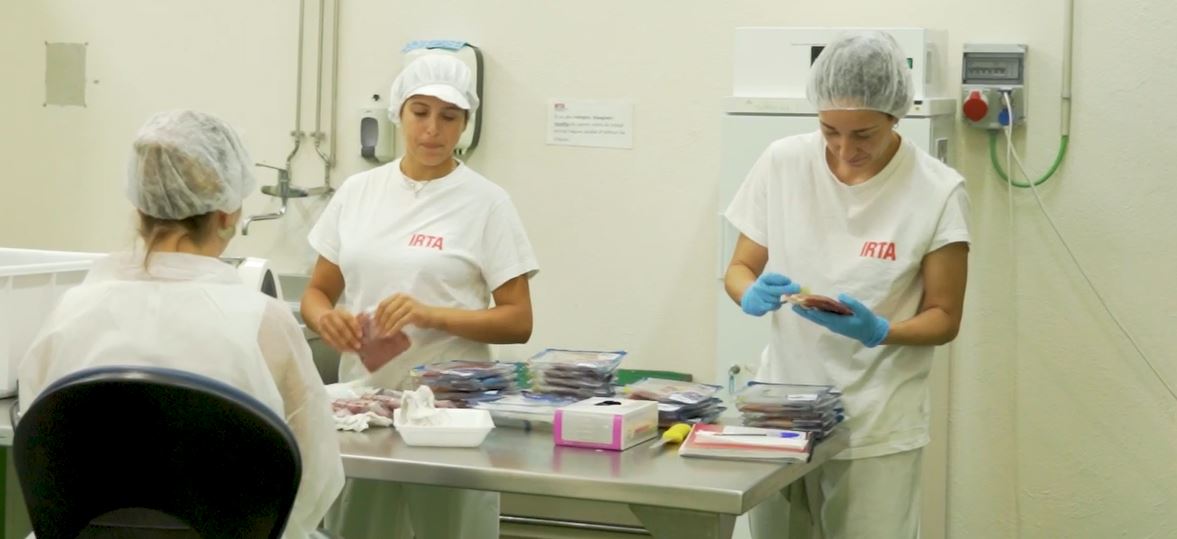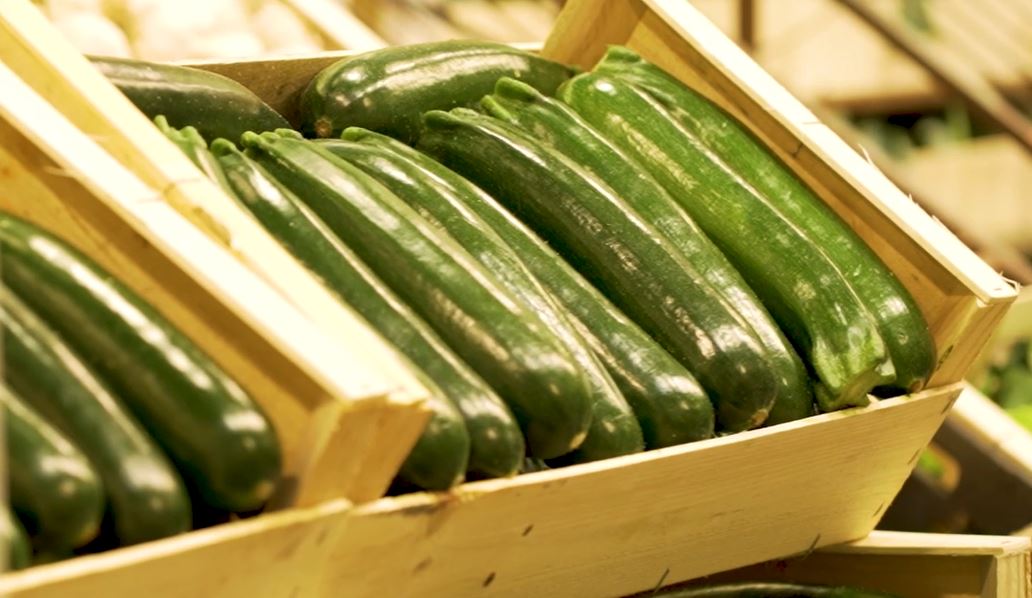
Oenologist
Description
The functions of oenologists are to direct the manufacturing process of the different types of wines and they are responsible for the entire production process with regard to quantity and quality. Therefore, they are in charge of selecting the type of vine to plant, cultivating them, carrying out the harvest and participating in product marketing and sales.
Oenologists are often the people responsible for the final wine product, as they decide whether the wine must be aged more or not, in what type of container (boot, barrel, ton, etc.) it has to be stored or preserved in order to get one type of product or another, etc.
In many cases, oenologists are a professional profile external to the winery since they work for more than one vine grower.
Tasks
- To collaborate in taking decisions on the design, capacities and equipping of machines at the winery.
- To supervise compliance with legal provisions in force with regard to:
- Personal hygienic-sanitary and safety conditions at the workplace.
- The production, circulation, labelling and marketing of wine products and their by-products.
- To collaborate in taking decisions about vineyard plantations, the selection of varietals, vine conditions and cultivation, suitable harvesting time and transport to the wine cellar.
- To manage the physical, chemical, microbiological and organoleptic analysis laboratory in order to supervise the raw materials, oenological products and intermediate products in the production process, as well as the end products.
- To obtain musts for vinification and conservation, carrying out physicochemical microbiological and enzymatic treatments, as well as overseeing the fermentation process.
- To supervise and manage the works done at the winery: cleanliness, conservation, clarification, filtration and stabilisation of wines.
- To control the vintages and aging of different types of wines.
- To perform production tasks with grape juices, fortified wines, wine-based aperatifs, vinegars and other by-products of must and wine.
- To run the starting up of the end products obtained and work jointly on the marketing and promotion done, for example, public wine tastings and competitions.
- To manage and control wastes produced by the wine company where they work, taking legal standards on environmental protection into account.
- To train personnel about the issues under their power.










 | Catalan | Beginner
| Catalan | Beginner | English | Beginner
| English | Beginner
 Open
Open

 | English | Beginner
| English | Beginner


